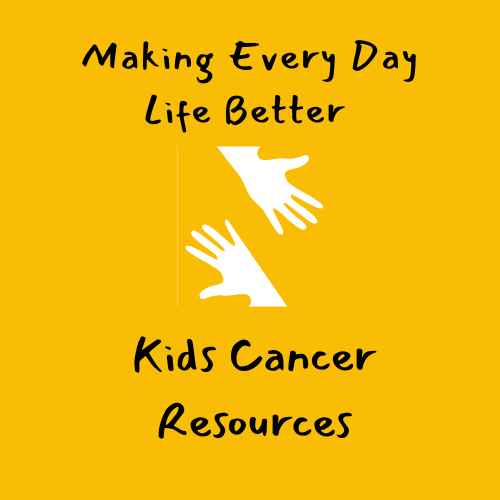Why Building a Childhood Cancer Support System Matters
The journey through childhood cancer is overwhelmingly challenging for patients, families, and caregivers. Emotional turbulence, medical complexities, and logistical hurdles create a need for a reliable support network. A strong support system doesn’t just provide comfort—it can improve mental health, help in decision-making, and enhance overall quality of life.
Childhood cancer support offers a vital lifeline, connecting families with others who truly understand the experience. This sense of community combats isolation and fosters resilience. It transforms a daunting journey into one where no one feels alone.
Identifying Your Tribe: Where to Find Childhood Cancer Support
Finding the right support group or network is the first step toward building your tribe. Different types of support exist, catering to specific needs and preferences.
Medical and Hospital-Based Support Groups
Many hospitals offer in-house support programs for patients and families affected by childhood cancer. These groups often include counseling services, peer support meetings, and educational resources. Participating in these can:
– Connect you with families currently undergoing similar treatments
– Provide access to child life specialists who help children cope
– Offer opportunities for one-on-one counseling, reducing feelings of isolation
Community and Online Support Networks
Online platforms and local community groups extend the reach of support beyond hospital walls. These channels offer flexible engagement and continuous access to resources.
– Childhood cancer forums and Facebook groups enable sharing stories, advice, and encouragement
– Nonprofit organizations like the [American Childhood Cancer Organization](https://www.acco.org) provide structured support programs
– Local cancer support centers often host family activities and workshops to foster peer connections
Specialized Support for Siblings and Caregivers
Support doesn’t stop with the patient; entire families need care. Look for groups specifically tailored to siblings and caregivers to help them process emotions and gain coping strategies.
Building Strong Connections in Your Support System
Once you begin engaging with support resources, nurturing authentic connections is key to maximizing their benefits.
Be Open and Honest
Sharing your fears and joys openly encourages reciprocal trust from others. Vulnerability builds intimacy and facilitates deeper bonds.
Participate Actively
Attend meetings regularly, engage in discussions, and offer support in return. Being an active participant helps transform acquaintances into close allies.
Seek Diverse Perspectives
Each family’s cancer journey is unique. Learning from a variety of experiences broadens understanding and offers new coping tools.
How Childhood Cancer Support Enhances Emotional Well-being
Emotional resilience plays a critical role in navigating childhood cancer. A supportive tribe contributes uniquely to mental wellness.
– Reduces anxiety by normalizing feelings and experiences
– Provides emotional validation through shared stories
– Offers practical advice to manage treatment side effects and daily life stressors
– Encourages hope through success stories and ongoing encouragement
In fact, studies confirm that strong social support can improve coping skills and reduce depression symptoms in families managing pediatric cancer.
Practical Strategies to Maintain Your Childhood Cancer Support Network
Maintaining an active, healthy support system requires ongoing effort. Here are strategies to keep your network thriving:
– Schedule regular check-ins with support members, even when life feels busy
– Celebrate milestones together, big or small, to reinforce positive energy
– Share resources and helpful tools such as apps or informational articles
– Respect personal boundaries and encourage self-care among the group
By investing time and attention, your support system remains a reliable source of strength.
Accessing Professional Help When Needed
While peer support is invaluable, professional assistance is sometimes necessary.
Therapists Specializing in Pediatric Oncology
Licensed therapists or counselors with experience in childhood cancer provide specialized coping strategies for families.
Social Workers and Case Managers
These professionals assist with navigating medical systems, insurance, and connecting to community resources.
Combining professional care with a peer support system creates a comprehensive safety net during a child’s cancer journey.
Building your childhood cancer support network is an evolving process of connection, understanding, and shared strength. By seeking out your tribe and nurturing these ties, you can face challenges with greater resilience and hope.
If you or your family are looking for reliable childhood cancer support, reach out today to start building your community at khmuhtadin.com.




